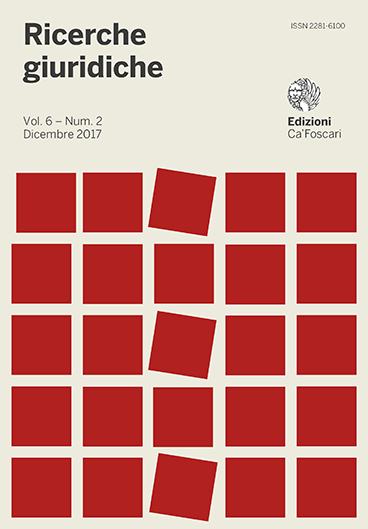
- search 174 views
- file_download 9 download
- keyboard_capslock metadata
-
mark_email_readIscriviti alla newsletter
Libertà di circolazione delle merci e legislazione doganale
Due punti centrali per esaminare il “punto franco”
abstract
This article deals with two essential features pertaining to the development of free ports and free zones: the freedom of movement of goods and customs-related operations. Freedom of transit is one of the fundamental international trade principles which was incorporated in the General Agreement on Tariffs and Trade (GATT) immediately after World War II. Regarding the European Union context, the EU internal market is based on the freedom of movement of goods. In line with Article 26 of the Treaty on the Functioning of the European Union (TFEU), the internal market «shall comprise an area without internal frontiers in which the free movement of goods, persons, services and capital is ensured in accordance with the provisions of the Treaties». For the importance of examining EU customs legislation, to better understand the role of free ports and free zones, especially in terms of fiscal and customs benefits (e.g. duties are partially reduced or temporary suspended), attention is focused on: Union Customs Code in force (Regulation 952/2013); the concept of customs valuation; some critical issues arising when non-EU goods are imported into the EU, considering both the phase of release for free circulation and that of release for consumption.
Keywords: Customs legislation • Customs • Entrepôt • Duties • Imports




